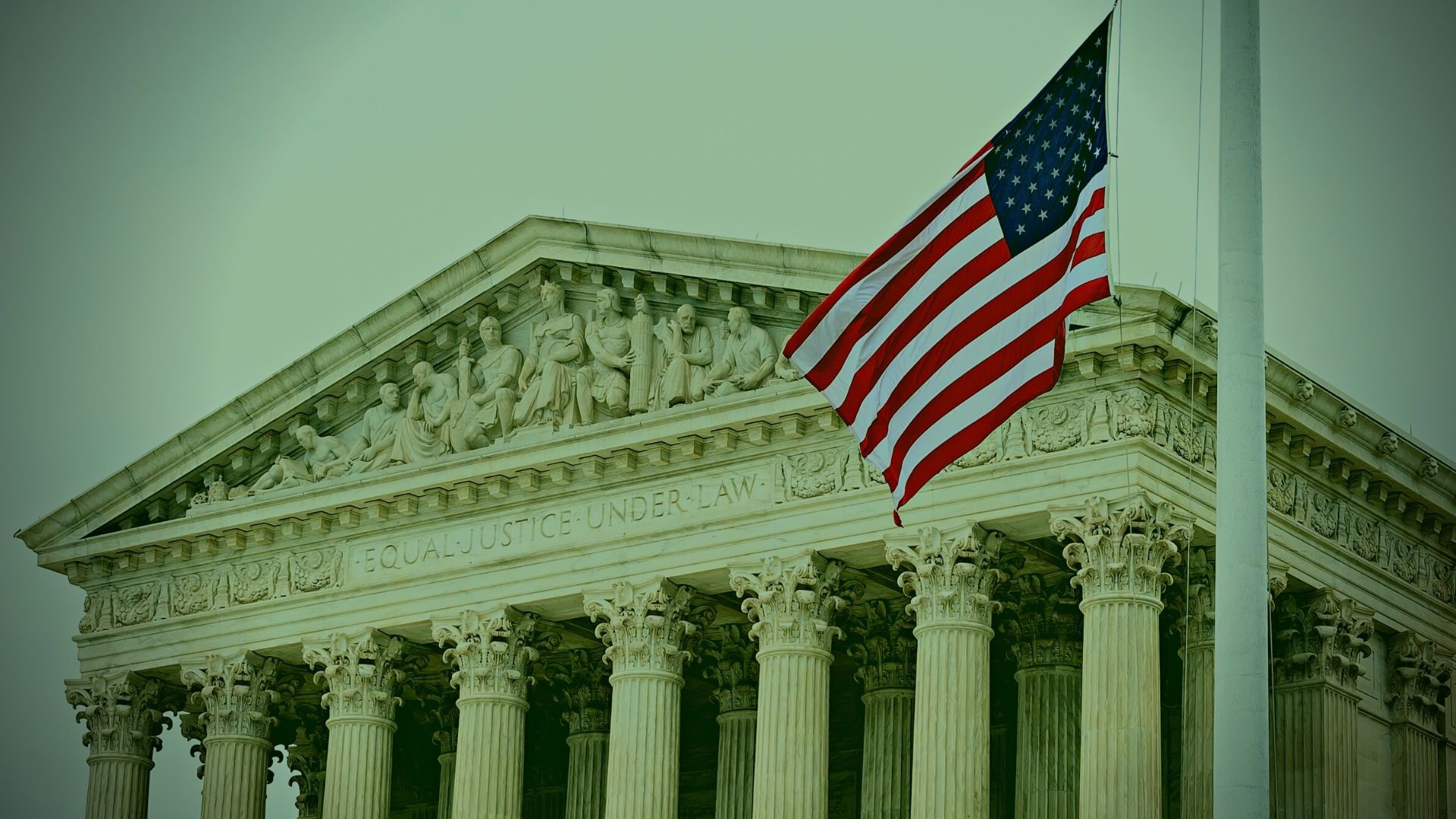Gonzalez v. Google: Supreme Court Case Puts Section 230 Immunity on the Line
“No provider or user of an interactive computer service shall be treated as the publisher or speaker of any information provided by another information content provider.”[1]
These twenty-six words comprise Section 230(c)(1) of the Communications Decency Act and have, since Congress’ 1996 enactment of the Act, provided internet companies with a powerful shield from potential liability for hosting content created by third-parties.
Section 230 allows sites, including those that host massive amounts of user-created content like YouTube (where 720,000 hours of videos are uploaded each day) and Twitter (where 500+ million tweets are posted each day), from being treated like traditional publishers (e.g., newspapers, literary publishers) that risk civil liability for most claims arising from third-party content it publishes.[2]
Gonzalez v. Google LLC, a case now pending in the Supreme Court, threatens this standard. The petitioner is the estate of Nohemi Gonzalez, a young woman killed by ISIS in a 2015 terrorist attack in Paris. The estate sued Google alleging that under the Anti-Terrorism Act, 18 U.S.C. § 2333, Google abetted the act of terrorism by recommending on YouTube (a Google subsidiary) “hundreds of radicalizing videos inciting violence and recruiting potential supporters to join the ISIS forces.”[3]
The estate does not contend that Google is liable for merely hosting these videos on YouTube, as Section 230 clearly bars such liability. Rather, it asserts that YouTube’s algorithm, which makes these videos easier for users to find and view (e.g., by queuing videos for a user to watch next, etc.), constitute recommendations. They advance the argument that recommendations are content that YouTube creates and are thus outside the scope of Section 230 immunity (which applies only to content created by third parties).
This contention does not, of course, sit well with Google (nor must it with virtually any other company that uses algorithms to provide users access to third-party content). As Google noted in its brief, “recommendation algorithms are what make it possible to find needles in humanity’s largest haystack.”[4] Given that using algorithms to filter, organize and display information and content is vital to the service many internet companies provide, what Gonzalez seeks to accomplish–creating liability for how internet companies share user generated content–might, without any limiting principles, result in the internet “devolv[ing] into a disorganized mess and a litigation minefield.”[5]
While the Court’s opinion may be several months away from publication, it seems, based on three hours of oral arguments last week, that the Justices are unlikely to rule in favor of Gonzalez.
An initial issue for the Justices was comprehending the arguments advanced by the parties (e.g., “Well, I’m still confused” (Justice Thomas), “I guess I’m thoroughly confused” (Justice Brown Jackson) “I’m afraid I’m completely confused” (Justice Alito)). Justice Kagan, with a bit of levity, suggested that the Justices’ lack of internet acumen might not make them the right arbiters to potentially strip internet companies of the immunity they now have, stating “[w]e don’t know about these things. You know, these are not like the nine greatest experts on the Internet.”
But when they did get into the substance of Gonzalez’s argument, most of them seemed to find severe faults. Justice Kavanaugh stated that the “interactive computer service[s]” that Section 230(c)(1) sets out to immunize by definition include those that use algorithms to organize and recommend content. In questioning Eric Schnapper, Gonzalez’s lawyer, Justice Kavanaugh said, “the statute does refer to organization, and the definition . . . of interactive computer service means one that filters, screens, picks, chooses, organizes content. And your position, I think, would mean that the very thing that makes the website an interactive computer service also means that it loses the protection of 230.”
Justice Kagan asked Mr. Schnapper how his argument would apply to a typical search engine (e.g., Google Search, Microsoft Bing). After Mr. Schnapper stated that a search engine’s use of algorithms could fall outside of Section 230 immunity, Justice Kagan suggested any line drawing to scale back Section 230 immunity might be better left to Congress. Justice Kavanaugh agreed that Congress was better positioned to fashion a workable rule, stating “isn’t it better . . . to keep it the way it is for us and . . .to put the burden on Congress.”
Justice Thomas illustrated in simple terms why algorithmic filtering and organization is necessary, suggesting that creating potential liability for companies might not be the right approach. He remarked, “if you’re interested in cooking, you don’t want thumbnails on light jazz . . . You’re interested in cooking. Say you get interested in rice — in pilaf from Uzbekistan. You don’t want pilaf from some other place, say, Louisiana.”
A ruling in favor of Gonzalez would fundamentally change the way internet companies are able to operate if they wish to stay inbounds of Section 230 protection. As Google stated in its brief, “[i]f Section 230(c)(1) does not apply to how YouTube organizes third-party videos, petitioners and the government have no coherent theory that would save search recommendations and other basic software tools that organize an otherwise unnavigable flood of websites, videos, comments, messages, product listings, files, and other information.”[6] The Court did not agree with all of Google’s arguments but the Justices’ comments suggested that they agree with Google that the Court “should not undercut a central building block of the modern internet.”[7]
The transcript of oral arguments can be found here, Gonzalez’s brief here, and Google’s brief here.
[1] 47 U.S.C. § 230(c)(1)
[2] Pursuant to Section 230(e), certain claims fall outside the scope of Section 230 immunity (e.g., intellectual property laws, certain privacy laws, etc.).
[3] Pet. Br., Gonzalez v. Google LLC, 9.
[4] Resp’t. Br., Gonzalez v. Google LLC, 2.
[5] Resp’t. Br., Gonzalez v. Google LLC, 19.
[6] Resp’t. Br., Gonzalez v. Google LLC, 4.
[7] Resp’t. Br., Gonzalez v. Google LLC, 33.
 This article is intended as a general discussion of these issues only and is not to be considered legal advice or relied upon. Additionally, the author was employed by Google from 2009 to 2012. For more information, please contact RPJ Senior Associate Daniel Jason Ain who counsels clients in areas of entertainment, media and literary, intellectual property and employment law. Mr. Ain is admitted to practice law in the State of New York and the District of Columbia (admission pending).
This article is intended as a general discussion of these issues only and is not to be considered legal advice or relied upon. Additionally, the author was employed by Google from 2009 to 2012. For more information, please contact RPJ Senior Associate Daniel Jason Ain who counsels clients in areas of entertainment, media and literary, intellectual property and employment law. Mr. Ain is admitted to practice law in the State of New York and the District of Columbia (admission pending).

